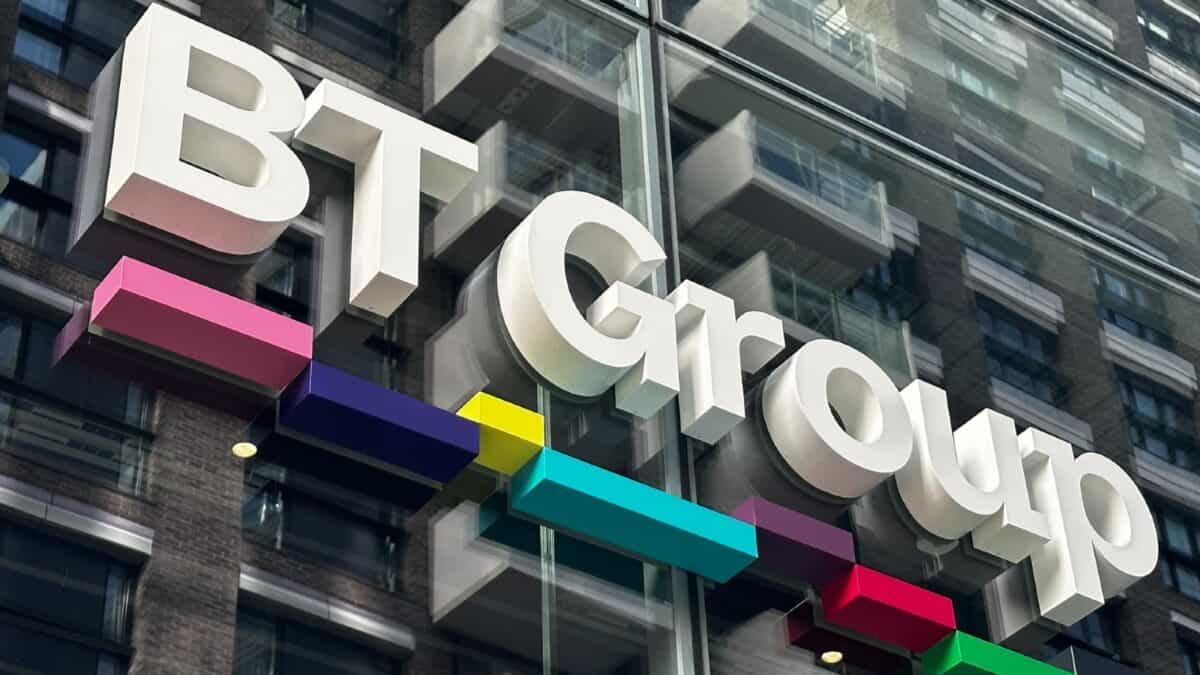One of the elements that sparked a multi-day stock market fall over the past week was concern that the US might be heading into a recession. Although the concern about a UK recession isn’t too high right now, it wouldn’t take much to tip us back. After all, we were in a recession late last year.
When I consider the BT (LSE:BT.A) share price, here’s how I think it would react to a period of negative GDP growth.
Tightening the belt
In the Q2 update (released late July), the business flagged up that revenue for the period was down by 2% versus the same period last year. This was felt in both the business and consumer divisions, blamed on legacy-managed contract declines and “contraction in the portfolio”.
Should you invest £1,000 in BT right now?
When investing expert Mark Rogers has a stock tip, it can pay to listen. After all, the flagship Motley Fool Share Advisor newsletter he has run for nearly a decade has provided thousands of paying members with top stock recommendations from the UK and US markets. And right now, Mark thinks there are 6 standout stocks that investors should consider buying. Want to see if BT made the list?
If revenue is already feeling the pinch of customers shopping around and not being that sticky in renewing contracts with BT, this would likely get a lot worse in a recessional environment. In such a case, consumers usually tighten their spending belts. Of course, the BT offer with broadband and telecommunications is essential for many of us. But it does mean businesses would spend more time focused on finding the best deals.
Therefore, the share price could come under pressure if revenue spiralled lower due to more customers going elsewhere to competitors.
High costs to consider
Another factor to consider is the large scale Openreach infrastructure rollout. Earlier this year, the CEO confirmed the business was beyond the peak in annual capex spend. However, it still has several years to run before being fully operational. In the last financial year, the capex spend was £4.9bn.
Should the UK go back into recession, I think it would be difficult for the company to justify spending many billions on the rollout. Rather, the sensible thing would be to focus on boosting cash flow and cutting costs, in order to ensure the firm doesn’t come under financial pressure.
Yet it ideally would like to finish the project as soon as possible, as from then on it would benefit from higher profit margins thanks to a more efficient network. It would be a tough situation to be in to make the decision, and one that would clearly influence the share price.
A smart defensive play
A recession wouldn’t be all doom and gloom. In fact, the stock could see investors lining up to buy because it’s a defensive share. Utility providers and firms that provide essential goods and services often do better than other sectors during a downturn. This is because people can’t really cut back on their use, versus other consumer discretionary offerings.
Let’s also not forget the generous 5.94% dividend yield, which is even more impressive when I consider the stock’s up 17% over the past year. During tough times, investors also like to buy income shares, which can provide cash payments even during volatile share price periods.
So although I think the BT share price would initially struggle with a UK recession, overall, I think it would be a good defensive option for me to consider adding to my portfolio if the economy started to head south.








